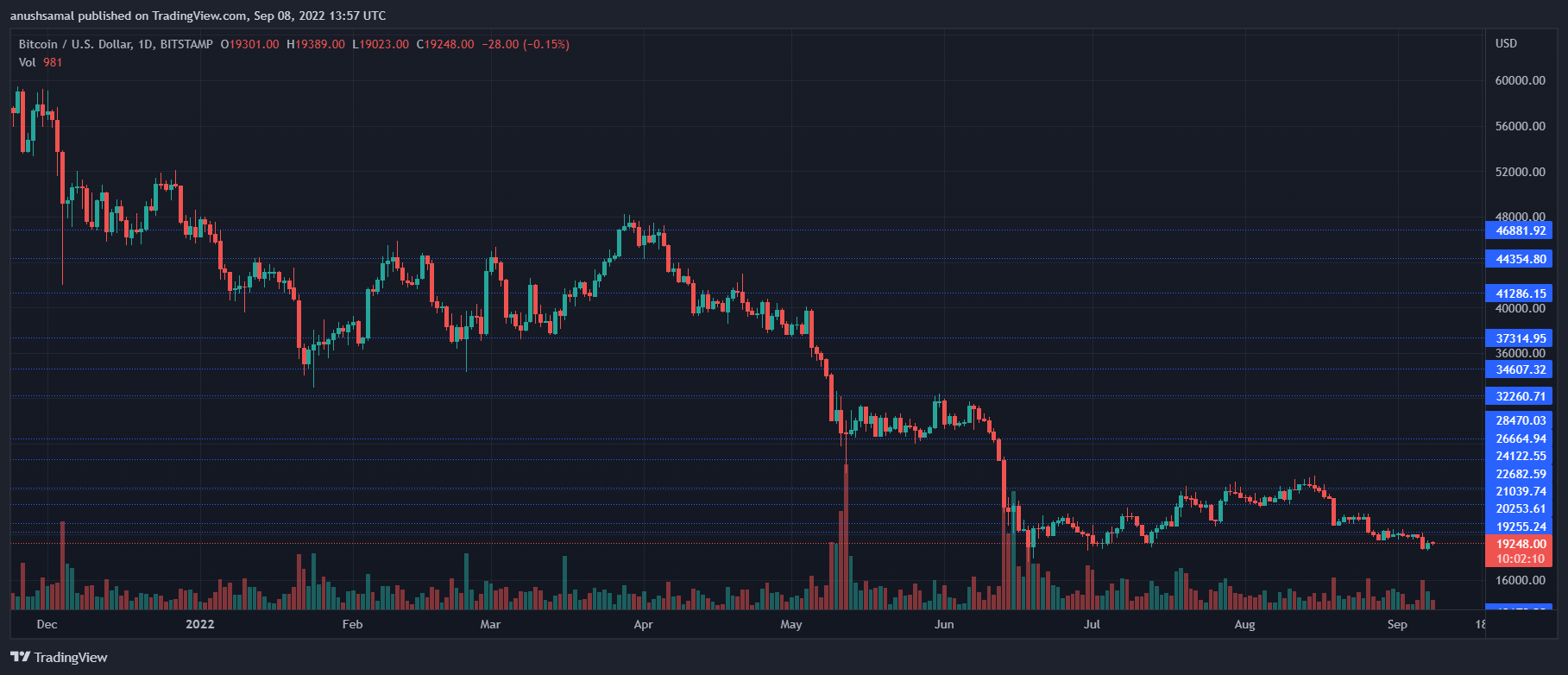Indian FM Sitharaman to discuss crypto regulation with IMF chief
Nirmala Sitharaman, Finance Minister of India discussed the importance of crypto regulation with International Monetary Fund (IMF) Managing Director Kristalina Georgieva.
India has long focused on the need for regulation along with global coordination with a mutually agreed approach to this problem.
Sitharaman also mentioned that the IMF should take the lead in ensuring proper regulation in this sector.
IMF Managing Director Kristalian Georgieva and India’s FM have had a discussion on a wide range of issues which included India’s upcoming G20 presidency and IMF support.
India continues to be a bright spot in the global economy, despite global geopolitical uncertainty as noted by the IMF MD.
India has also imposed a 30 percent tax on crypto assets effective April 1. Additionally, India has also imposed a 1 percent withholding tax (TDS) on crypto.
This TDS has to be paid for transactions above Rs 10,000 (approx. USD 125) and this will be applicable in the hands of the receivers from July 1.
Shared concerns about crypto
The Minister of Finance and the head of the IMF share the same concerns regarding the risks posed by cryptocurrencies.
It also poses risks to the global economy and also cross-border effects given the geopolitical circumstances along with tighter economic conditions.
The Minister of Finance had also emphasized that there must be energy security.
India wants to focus on the importance of coordinated policy action along with multilateralism to pool sufficient resources for climate action.
This is so because dedicated funds from developed economies are yet to be used as they have not been made available.
India’s FM also states that carbon pricing may not have been a viable policy tool for climate action.
Terrorist financing and money laundering concerns
At the meeting between the IMF and the World Bank in April, Sitharaman asked for a global framework that could regulate cryptocurrencies.
Crypto has great risks related to money laundering and terrorist financing for all other countries as well.
It is natural that no country can handle such risks alone, and there must be regulation from all different countries that come together on this issue.
The Finance Minister also agreed that there must be a timely conclusion to the 16th General Review of Quotas that will address inequality and imbalances in the global economy.
Georgieva also agreed that for the IMF to remain relevant, the general review of quotas must be approached to reflect the changing status of other market economies around the world.
IMF quotas are the primary source of IMF funds and determine voting shares. Quotas are revised every five years, but there may be delays in the same.
India’s quota is 2.76%, China has 6.41% and the US has 17.6%. Quotas are to be determined depending on a country’s GDP, economic openness, economic variations along with international reserves.

Featured image from UnSplash, chart from TradingView.com


